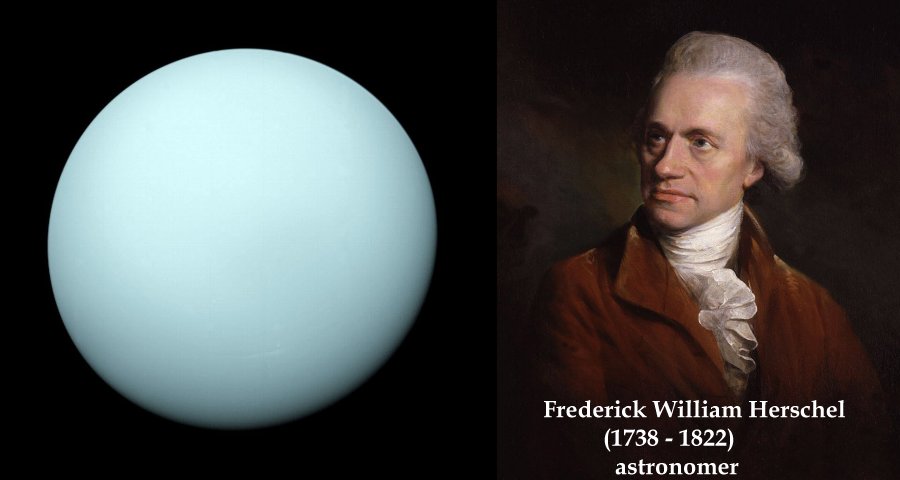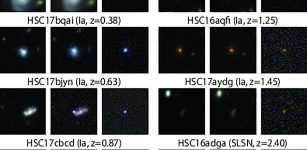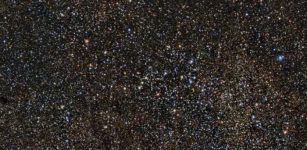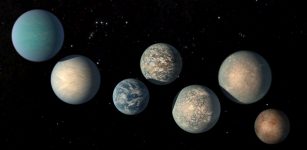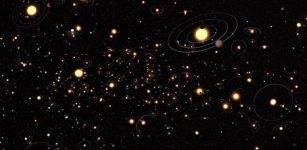On This Day In History: Astronomer Sir William Herschel Announces Discovery Of Uranus – On Mar 13, 1781
MessageTo Eagle.com – On March 13th, 1781, astronomer Sir Frederick William Herschel announced the discovery of the planet Uranus.
Uranus wasn’t officially discovered until 1781. Ancient Babylonians knew about all of the planets from Mercury to Saturn long before that.
Why did it take so long for people to find lonely Uranus?
Actually, it wasn’t a matter of finding it. It was a matter of knowing that it was a planet. The story of Uranus’s discovery is full of people not realizing what they were seeing. People may have seen Uranus as early as 128 B.C. but, each time they saw it, they said it was a star.
They simply did not realize that it was Uranus, they were looking at.
On March 13, 1781, William Herschel, an amateur astronomer, located an object in the night sky. He measured it and realized the object moved too quickly to be a star. He thought it had to be a comet, so he told other astronomers about the new “comet” and they began to study it, too. They figured out that its orbit was pretty close to circular—just like the orbit of a planet. That was enough for most of them to call it a planet.
Herschel named it the Georgium Sidus (the Georgian Planet) in honor of his patron, King George III. George was re-named Uranus, the Greek god of the sky.
MessageToEagle.com
Expand for references
